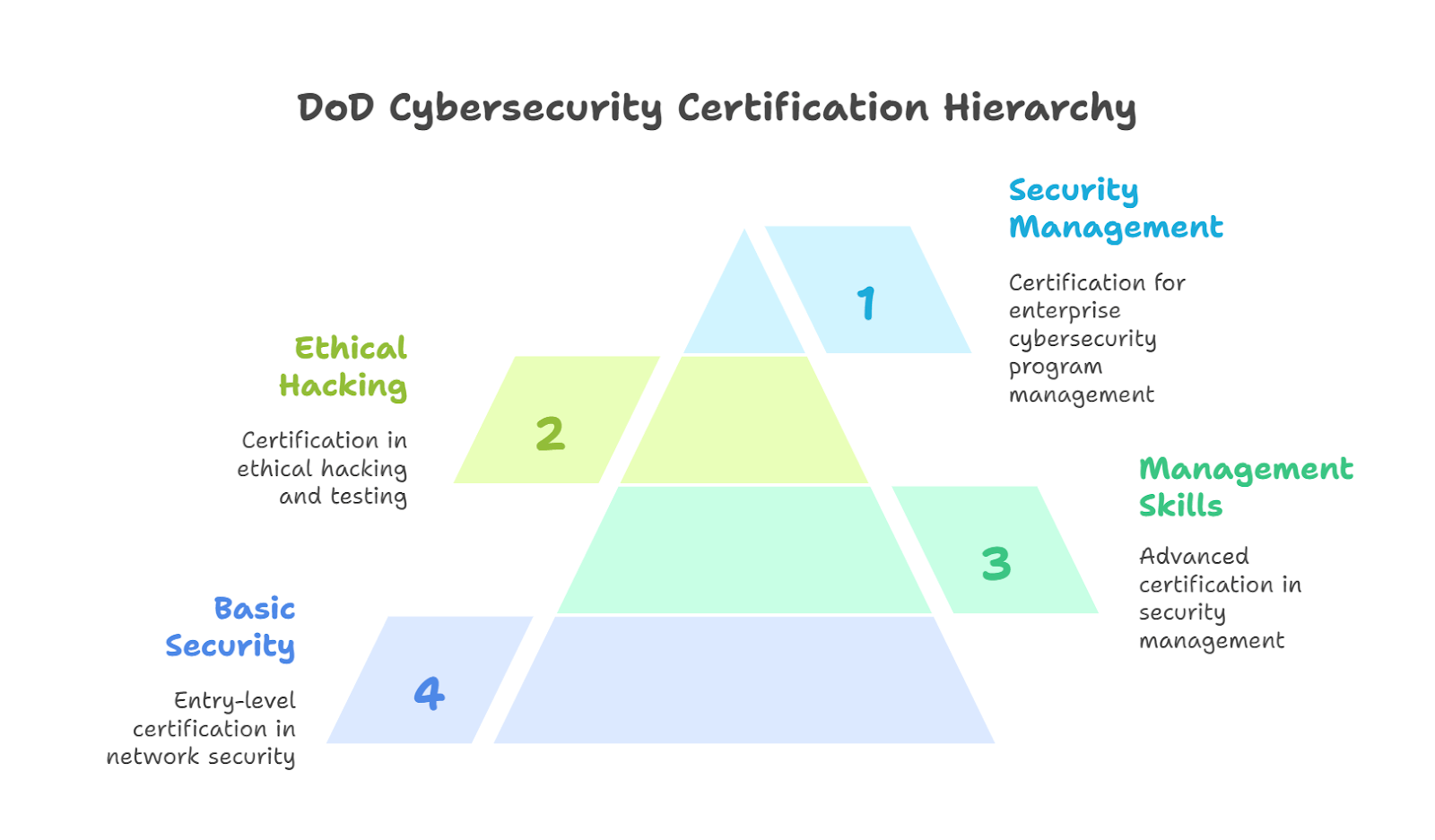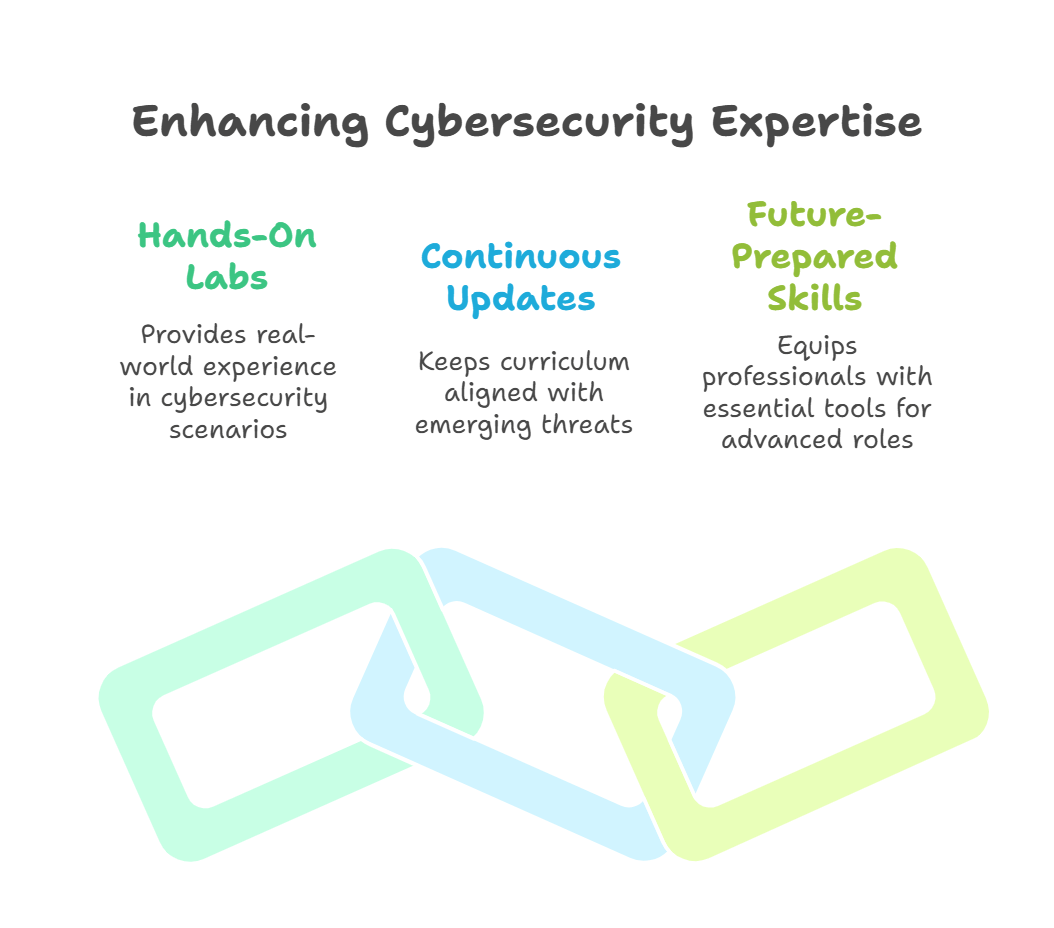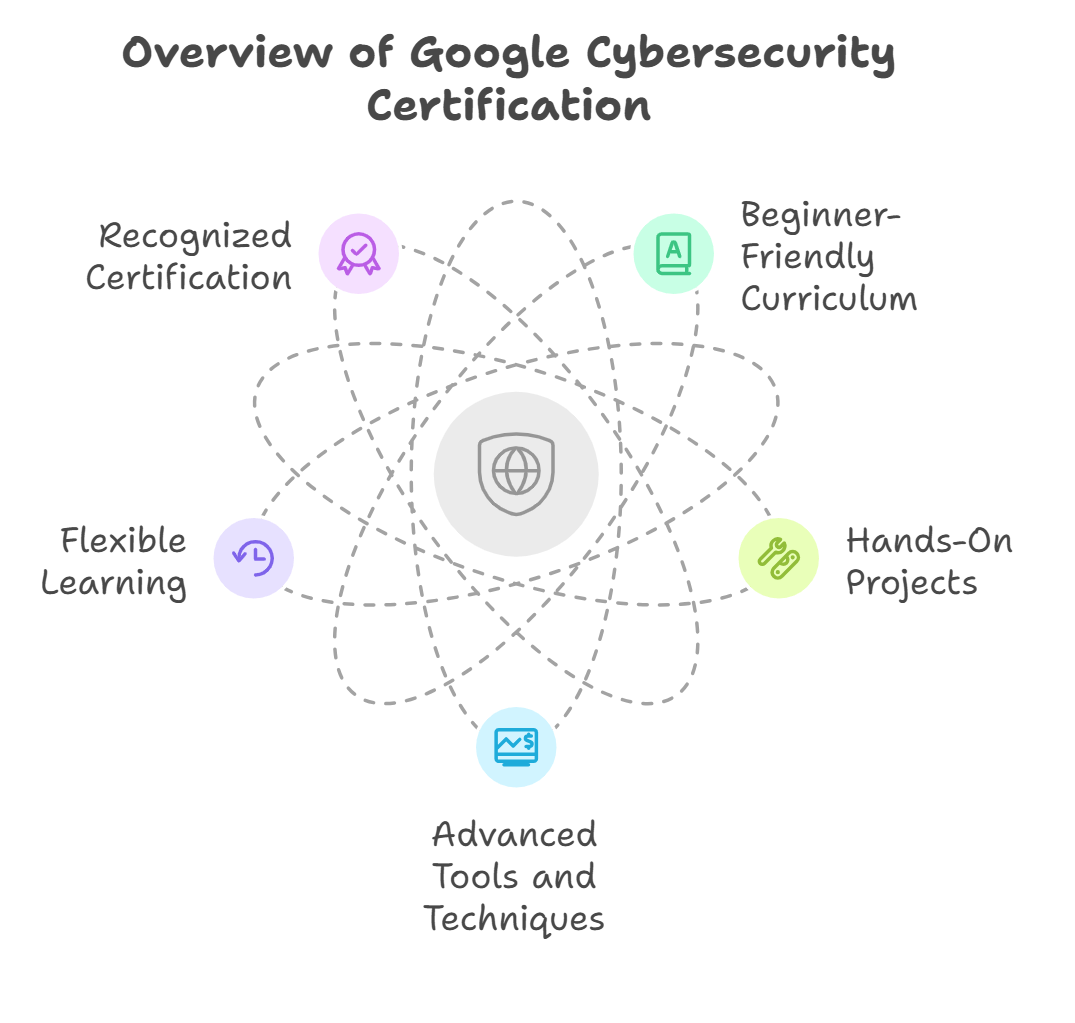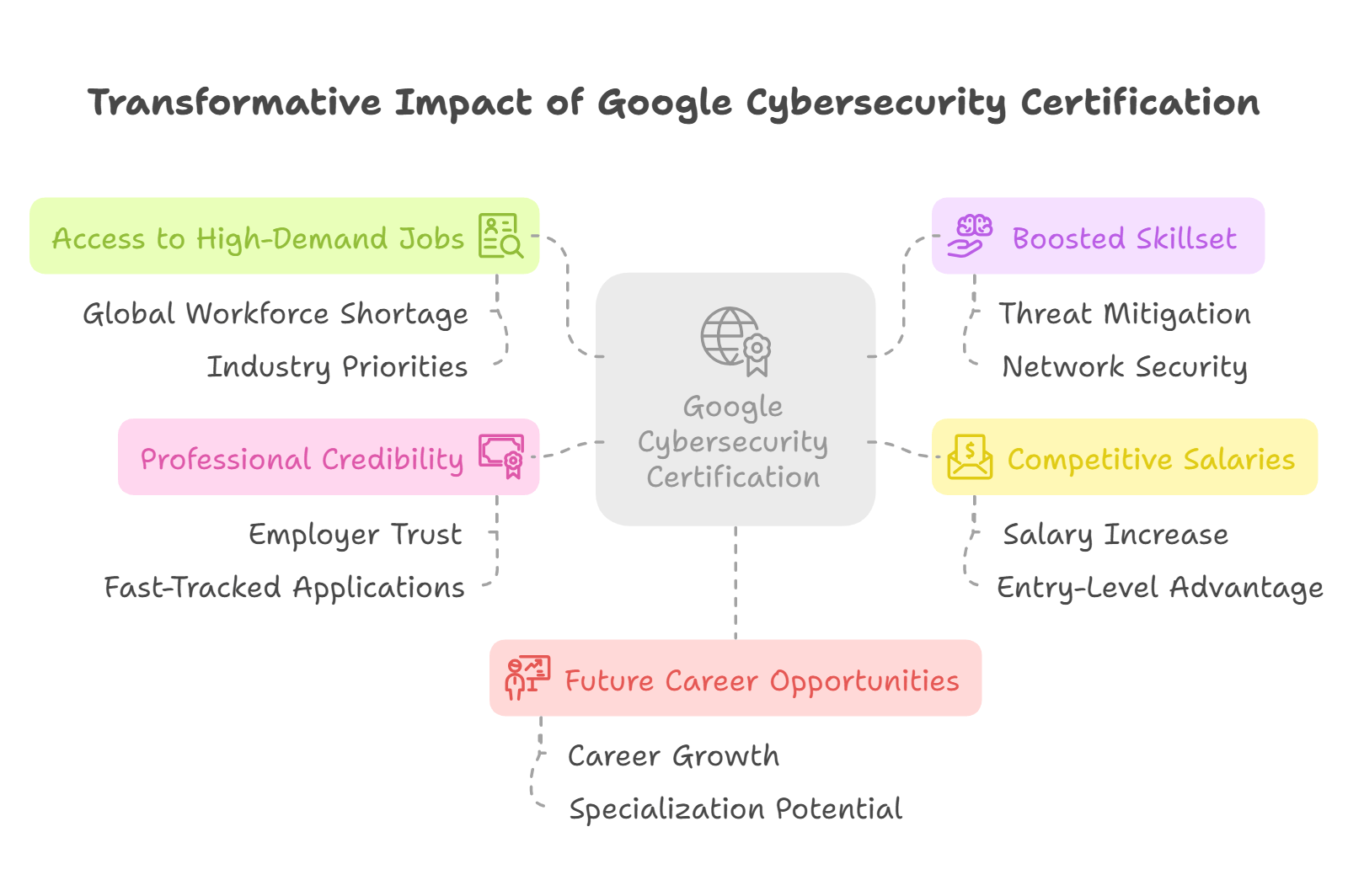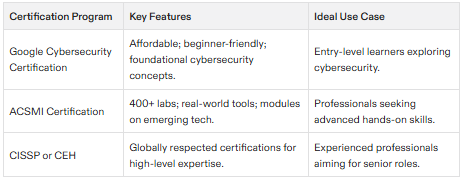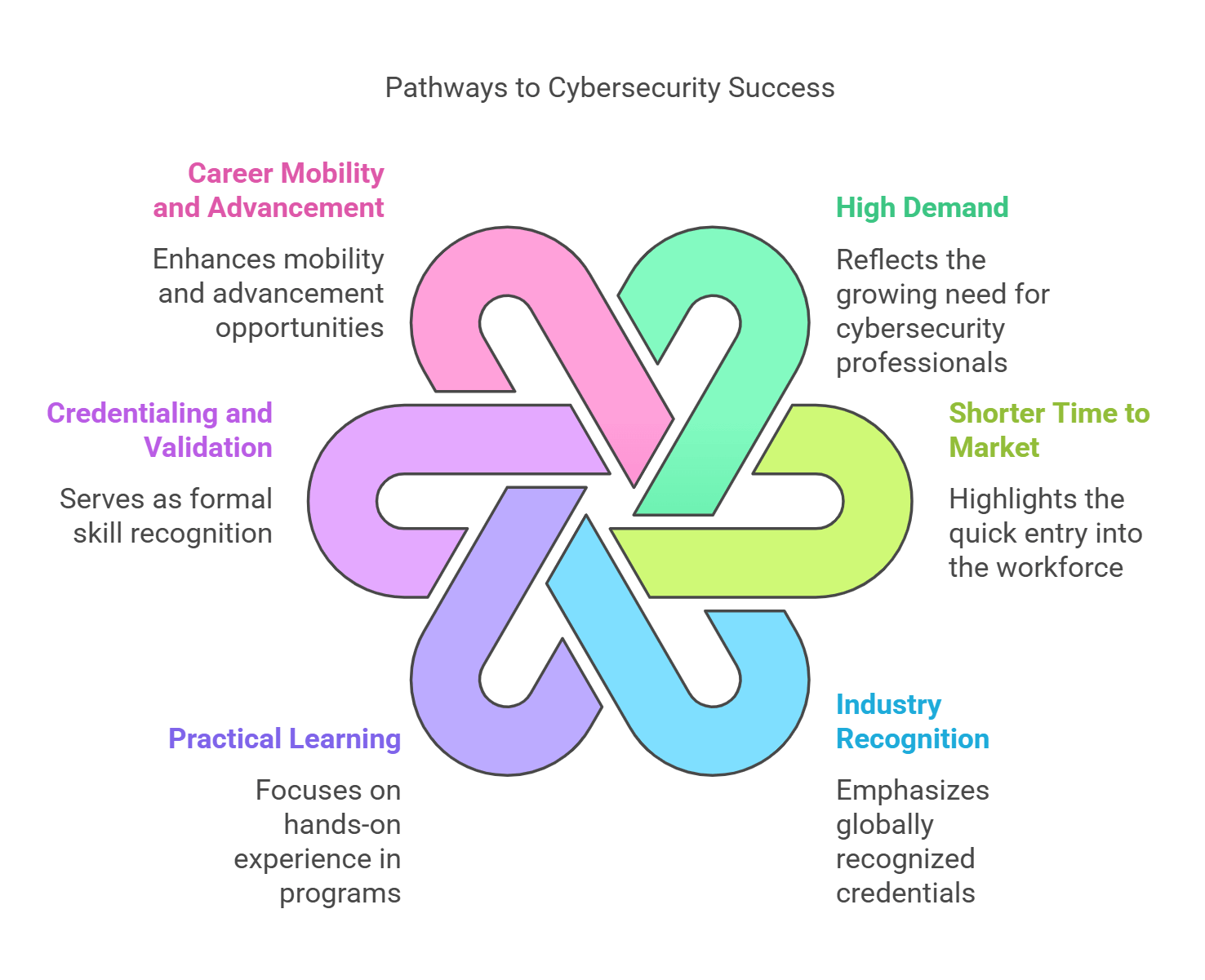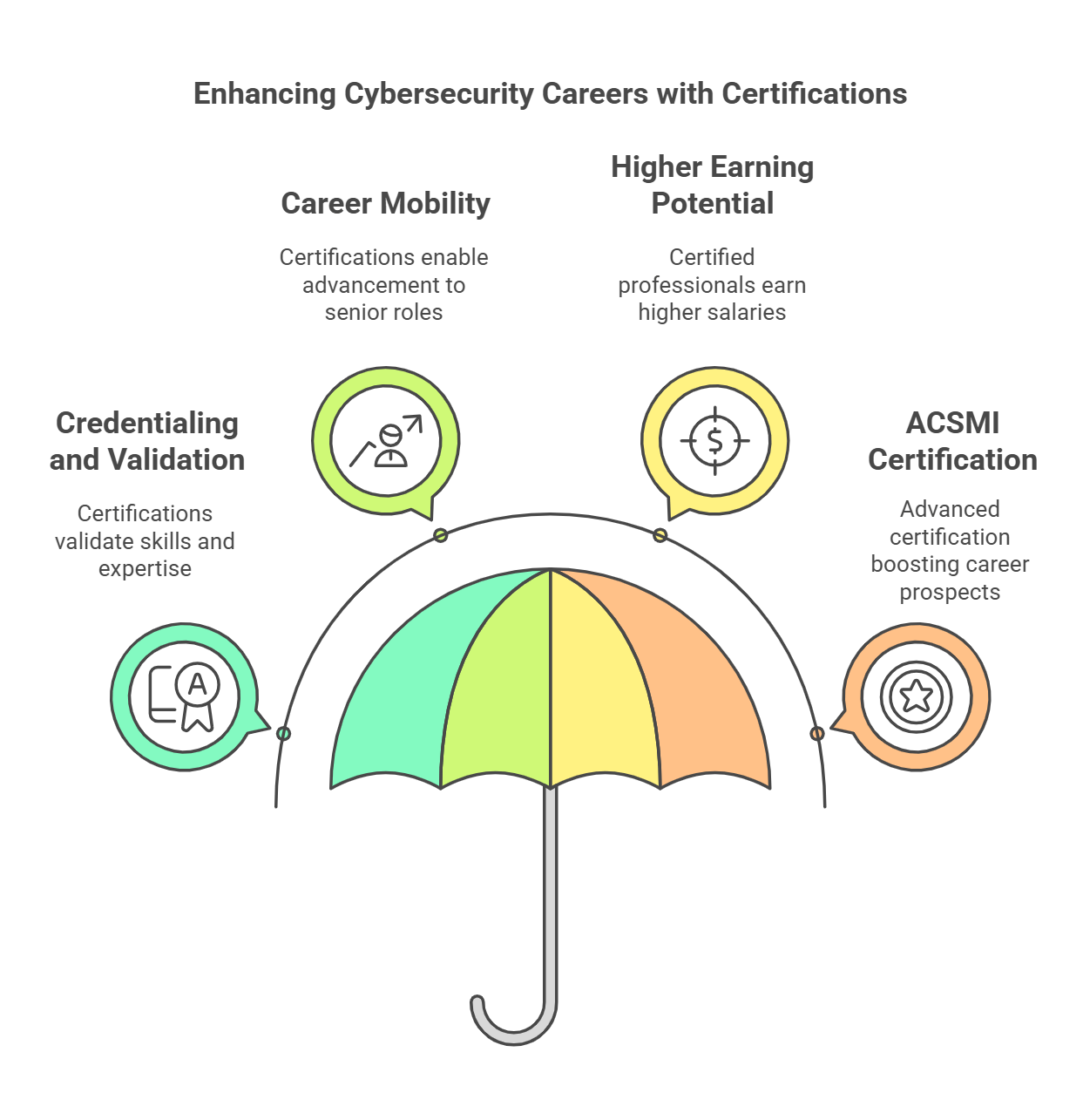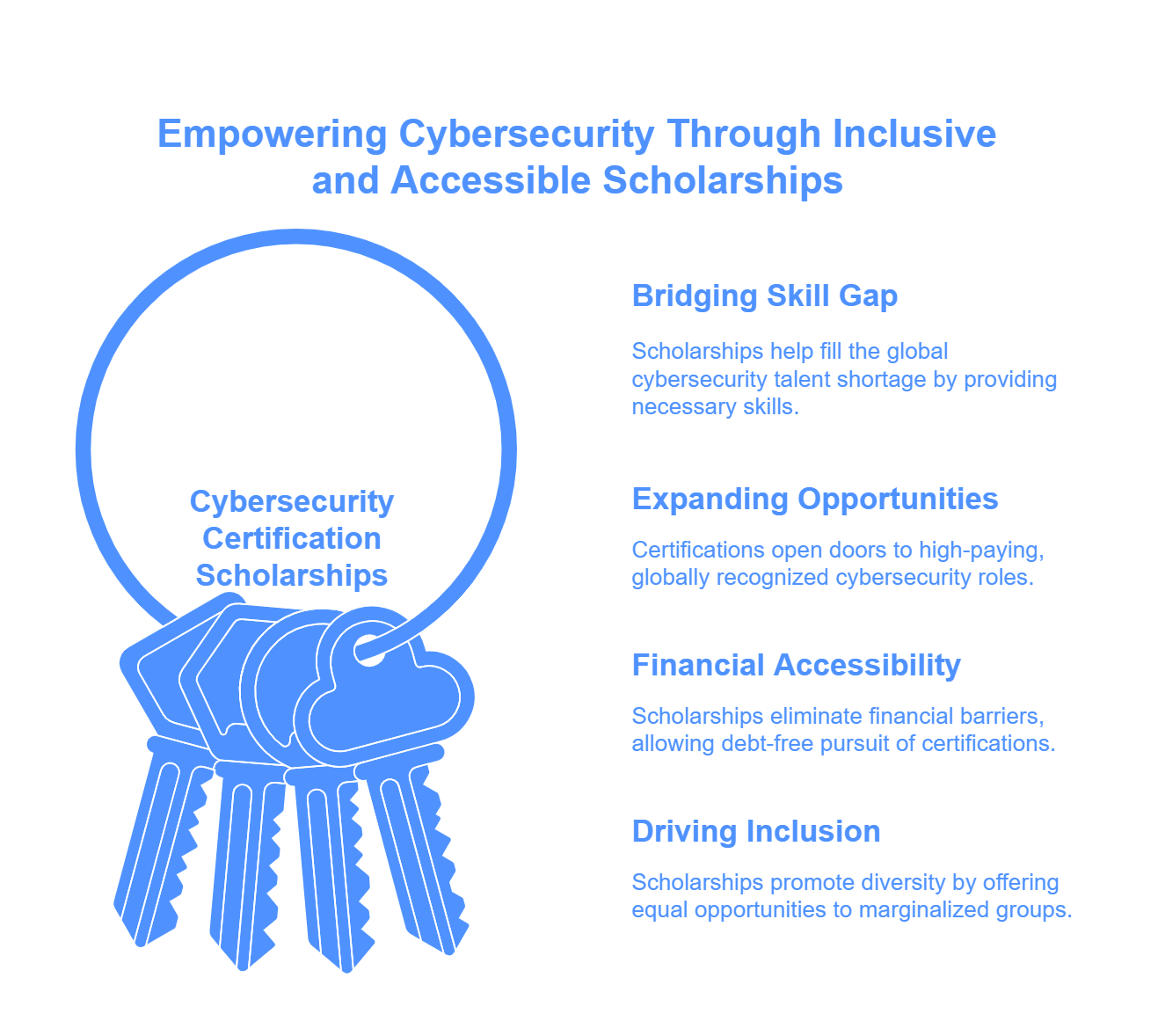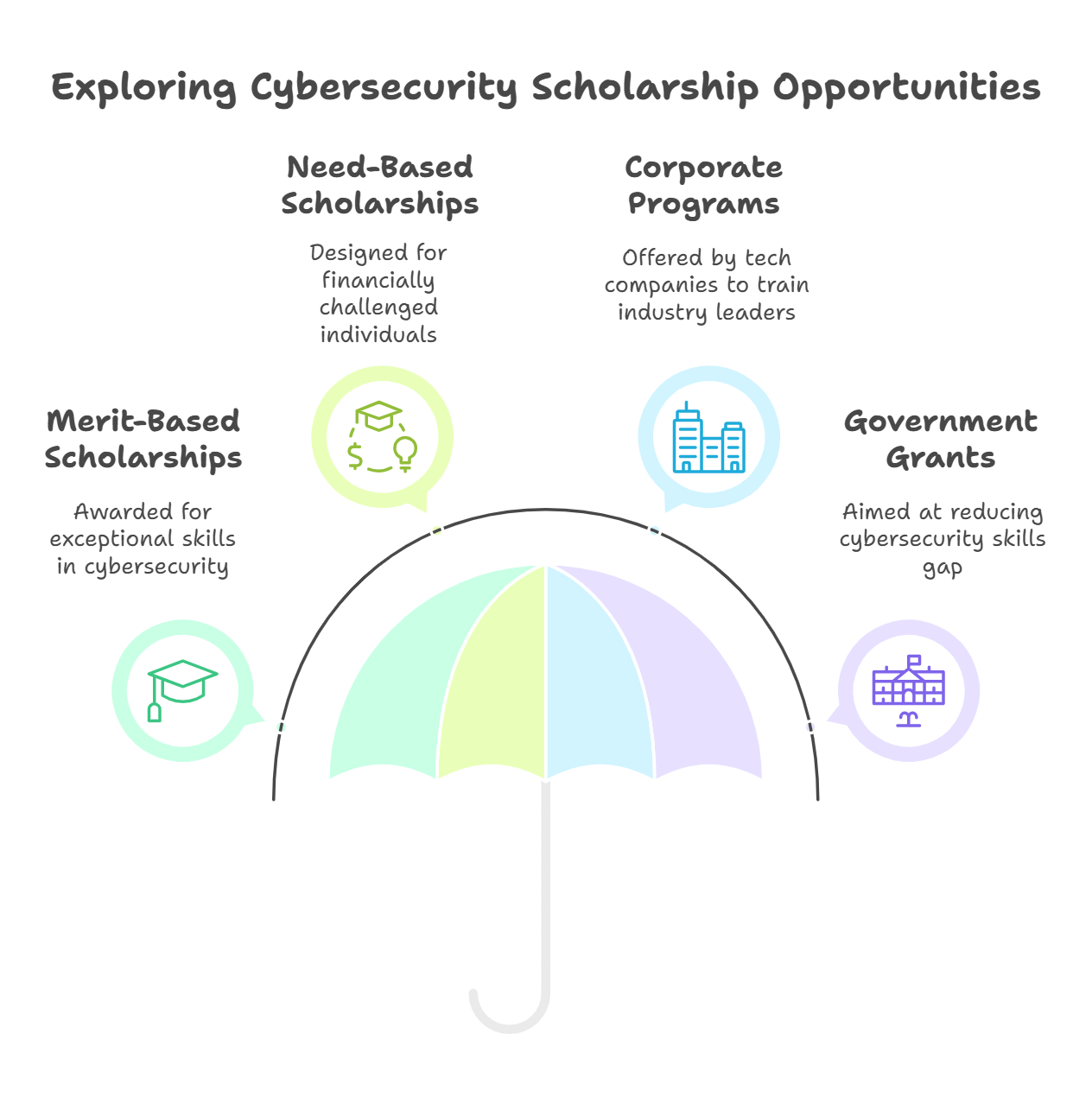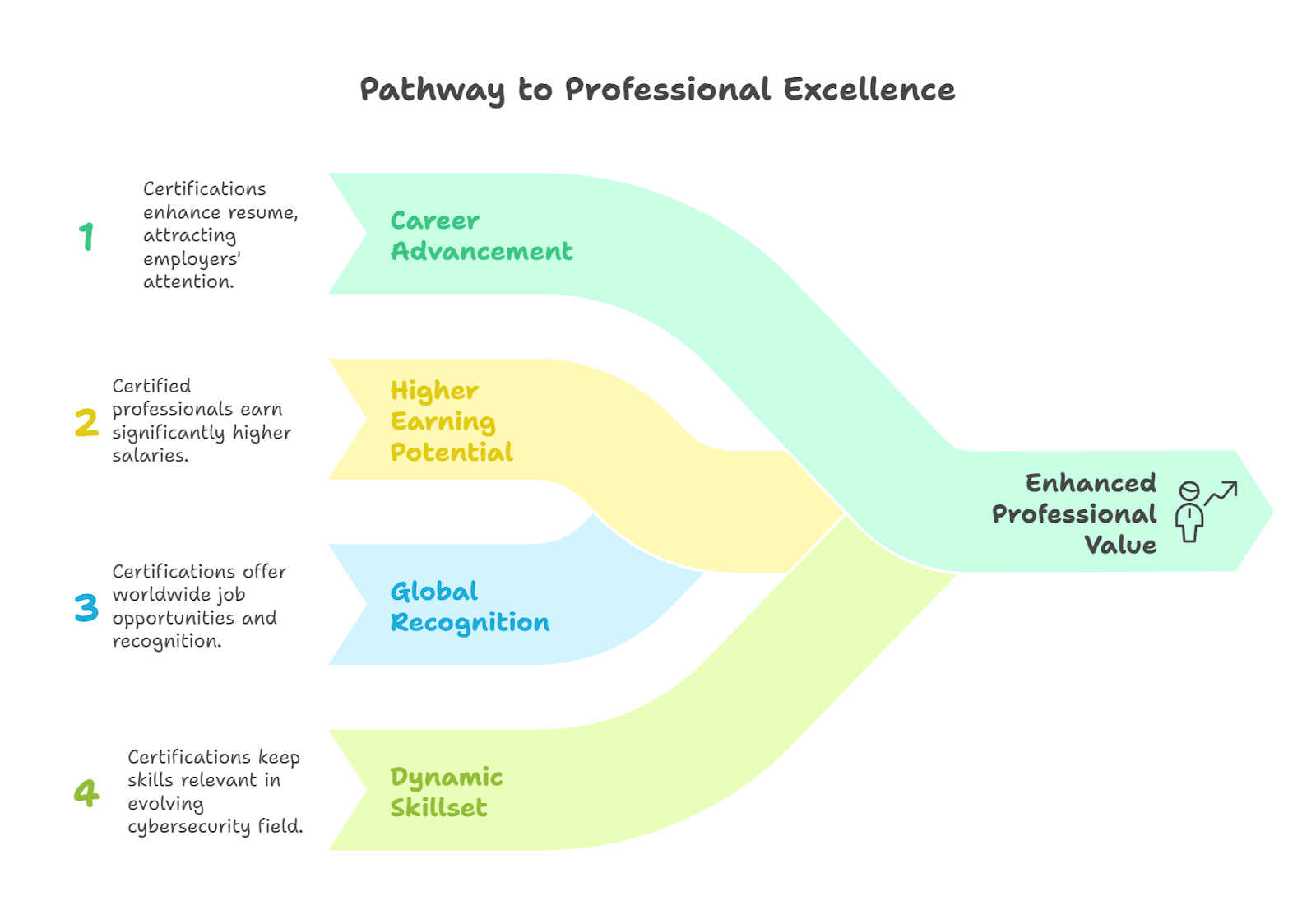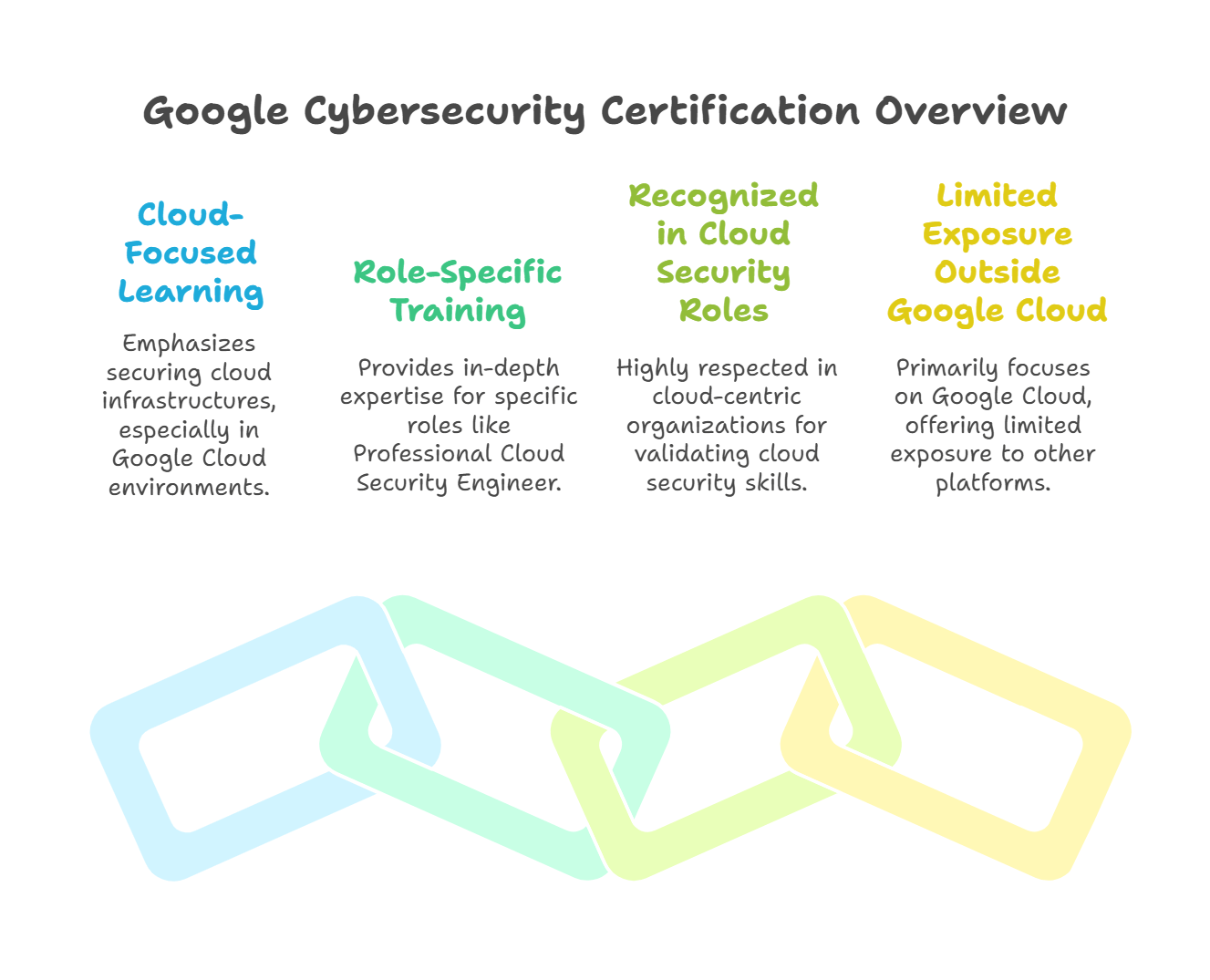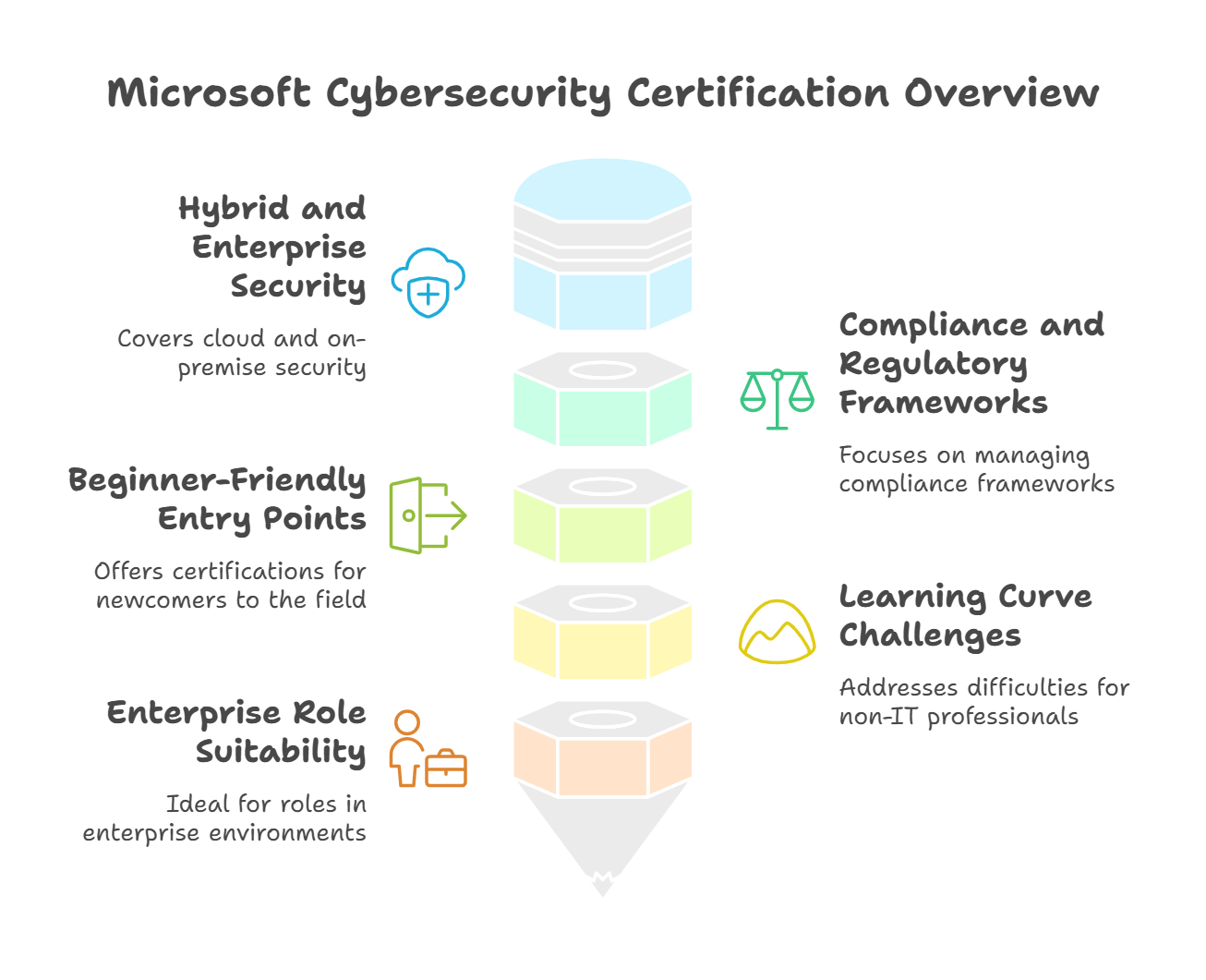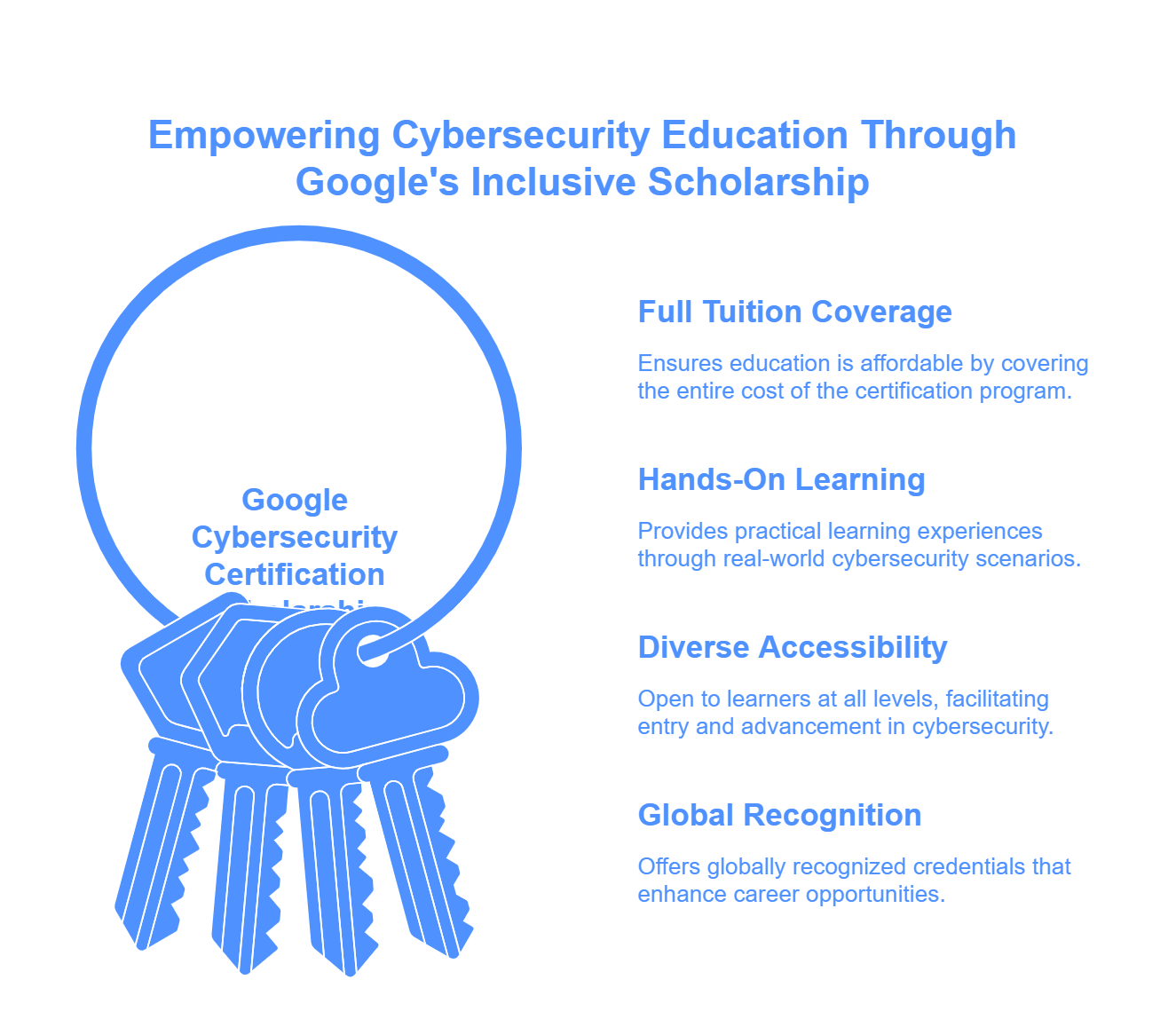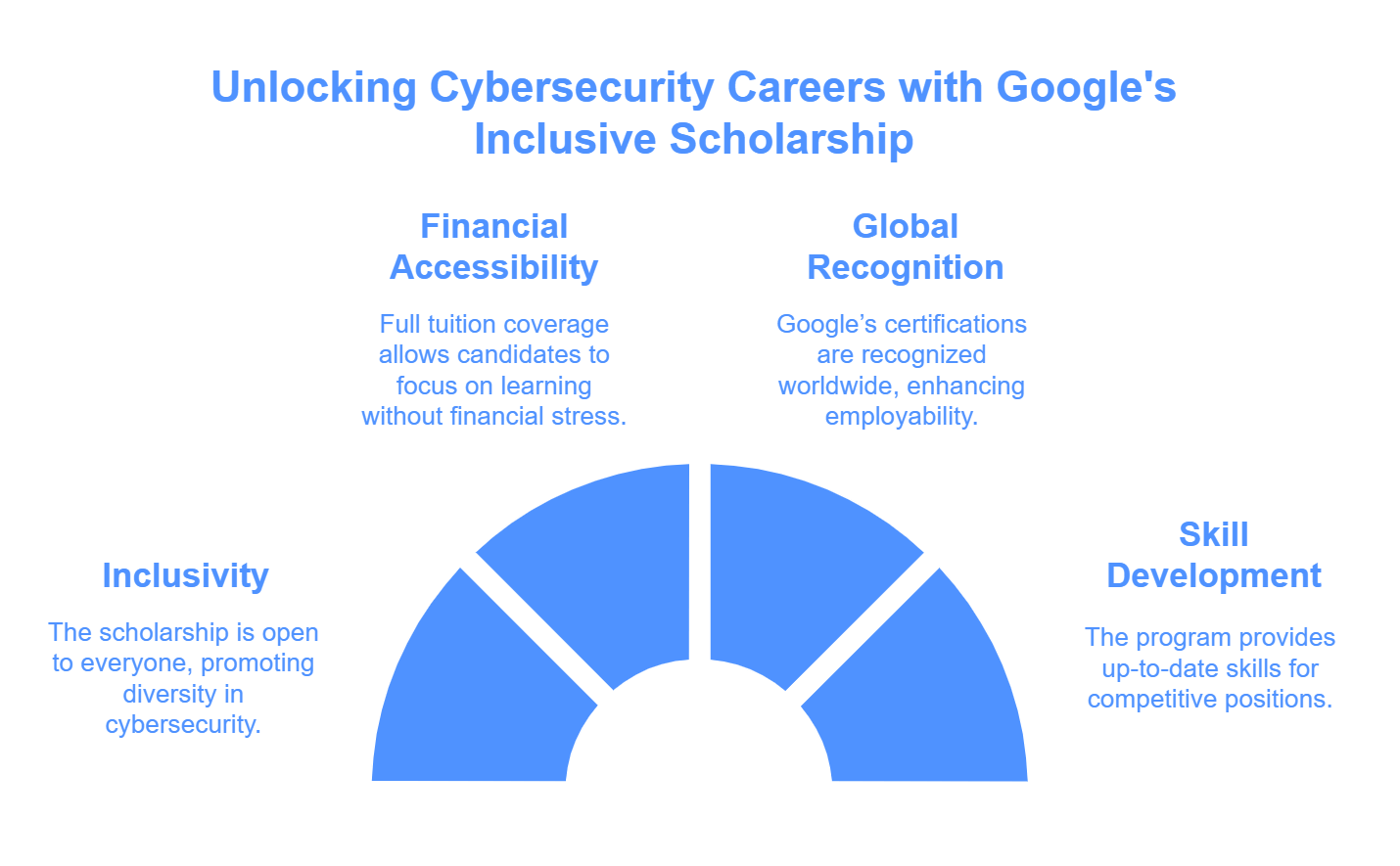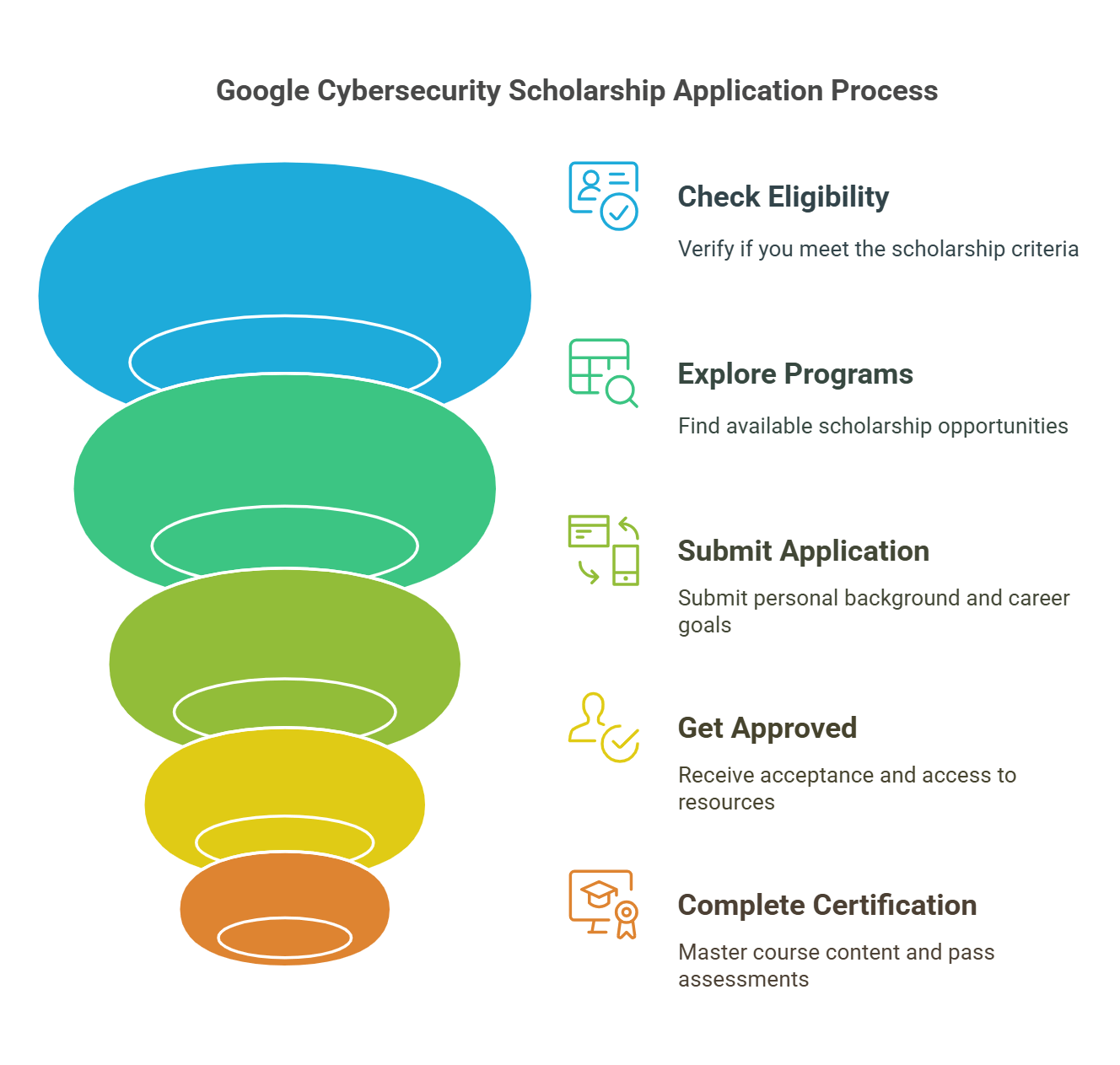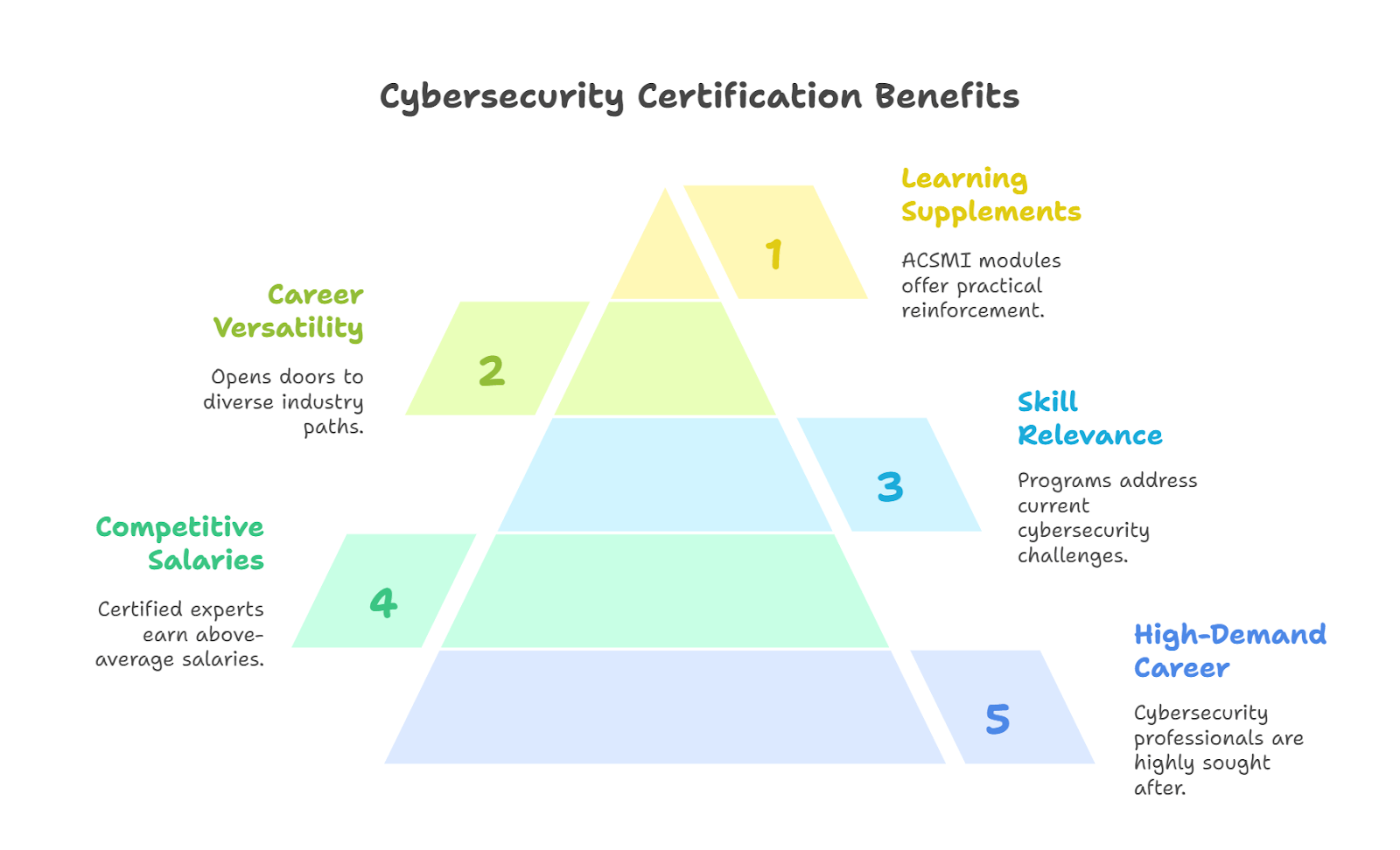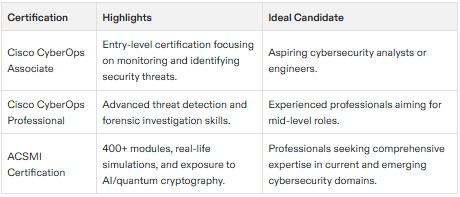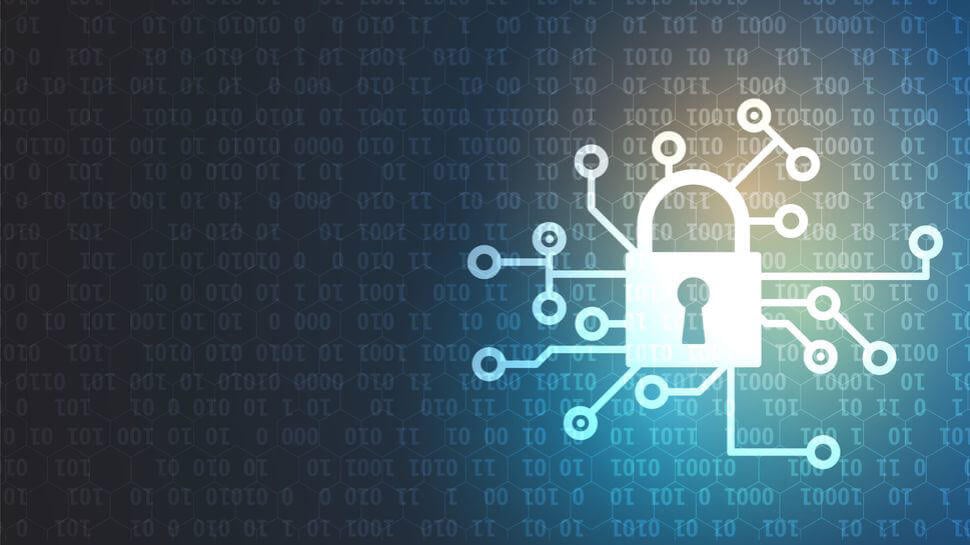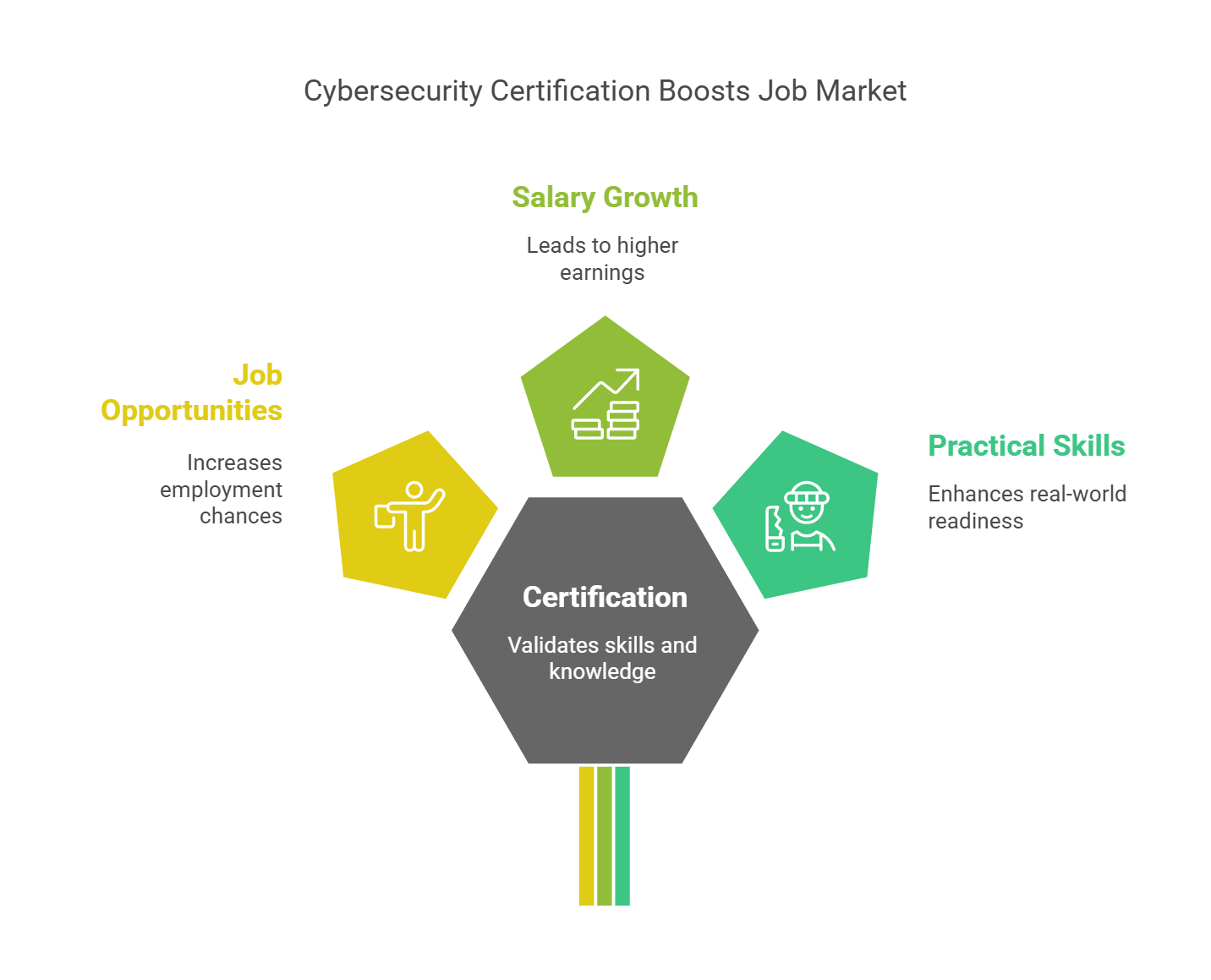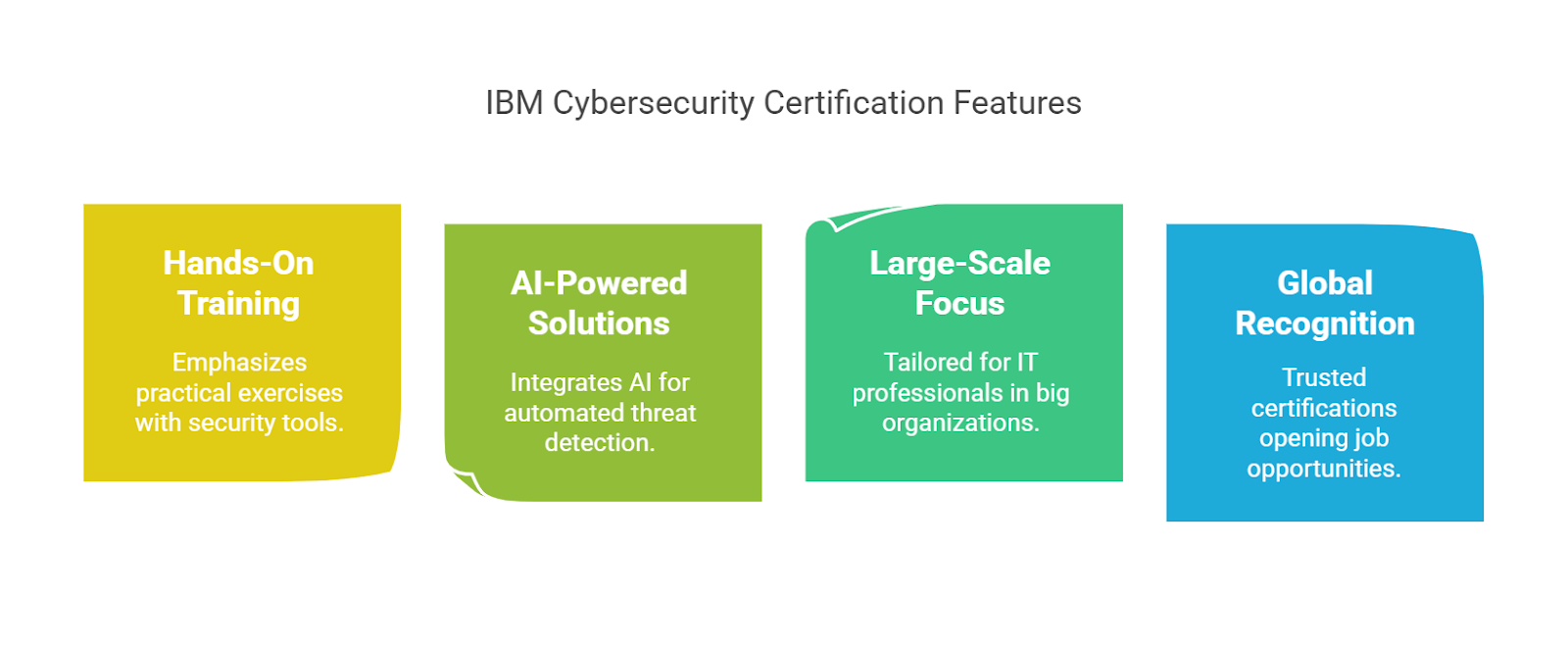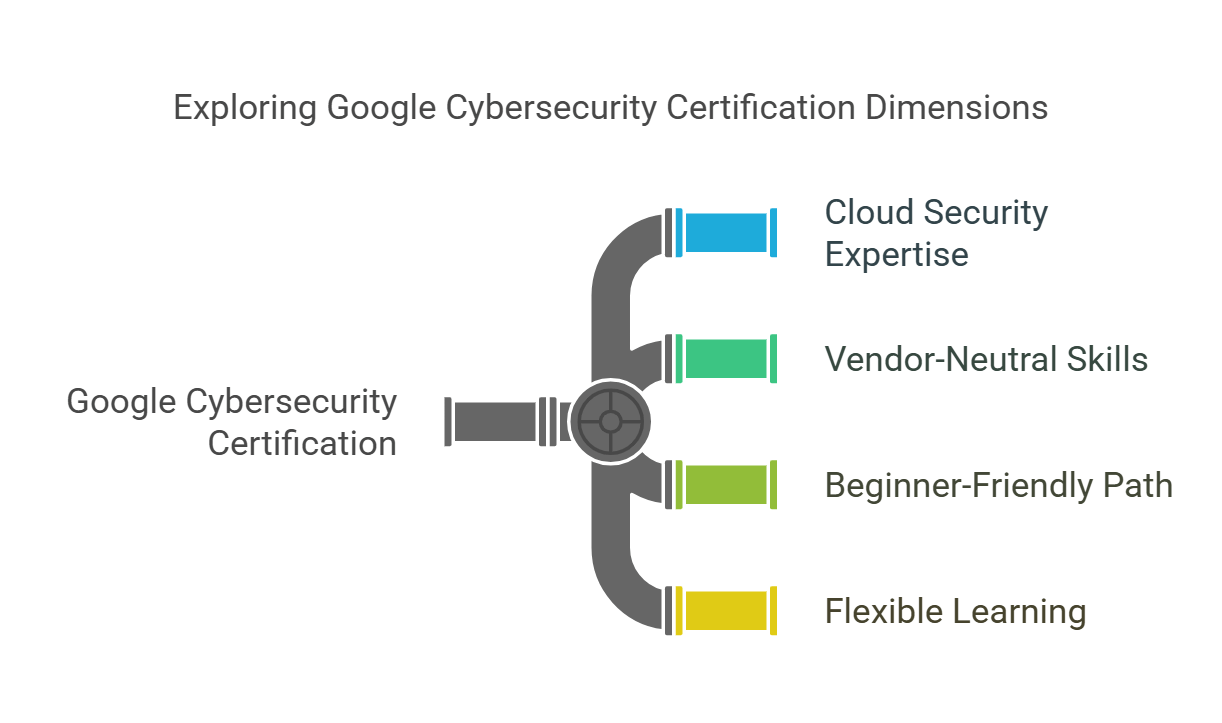Table of Contents
In an increasingly digital world, Industrial Control Systems (ICS) and Operational Technology (OT) have become central to industries that are essential for daily life, such as energy, manufacturing, transportation, and utilities. These systems control and manage critical operations, such as power distribution, water management, and industrial production. As the reliance on these systems grows, so do the threats from cybercriminals targeting them. To combat these threats, the demand for skilled professionals in ICS and OT cybersecurity is soaring, and this is where the Google Cybersecurity Certification Price and the ICS OT Cybersecurity Certification play a pivotal role.
Whether you're an experienced IT professional seeking specialization or someone new to the world of industrial cybersecurity, this certification can equip you with the necessary skills to safeguard these critical infrastructures against growing cyber threats.
Why ICS and OT Cybersecurity Matters
ICS and OT systems are at the heart of industries that are vital to our economy and daily life. These systems manage critical processes that ensure the continuous operation of power plants, transportation systems, and manufacturing facilities. However, these systems differ significantly from traditional IT systems. Often, they are outdated, operate in isolated networks, and are connected to physical devices. These unique characteristics make them particularly vulnerable to cyberattacks, which can have devastating consequences, including operational shutdowns, data theft, or even threats to public safety.
Cybersecurity breaches in ICS and OT environments can cause widespread disruption, leading to loss of productivity, environmental damage, and potential harm to human life. This growing vulnerability has underscored the need for skilled professionals who can protect and secure these critical infrastructures. The ICS OT Cybersecurity Certification is designed to address this need by training experts who are capable of identifying, managing, and mitigating risks associated with these unique environments.
Benefits of the ICS OT Cybersecurity Certification
The ICS OT Cybersecurity Certification provides numerous advantages, both for your professional development and for the organizations you work with:
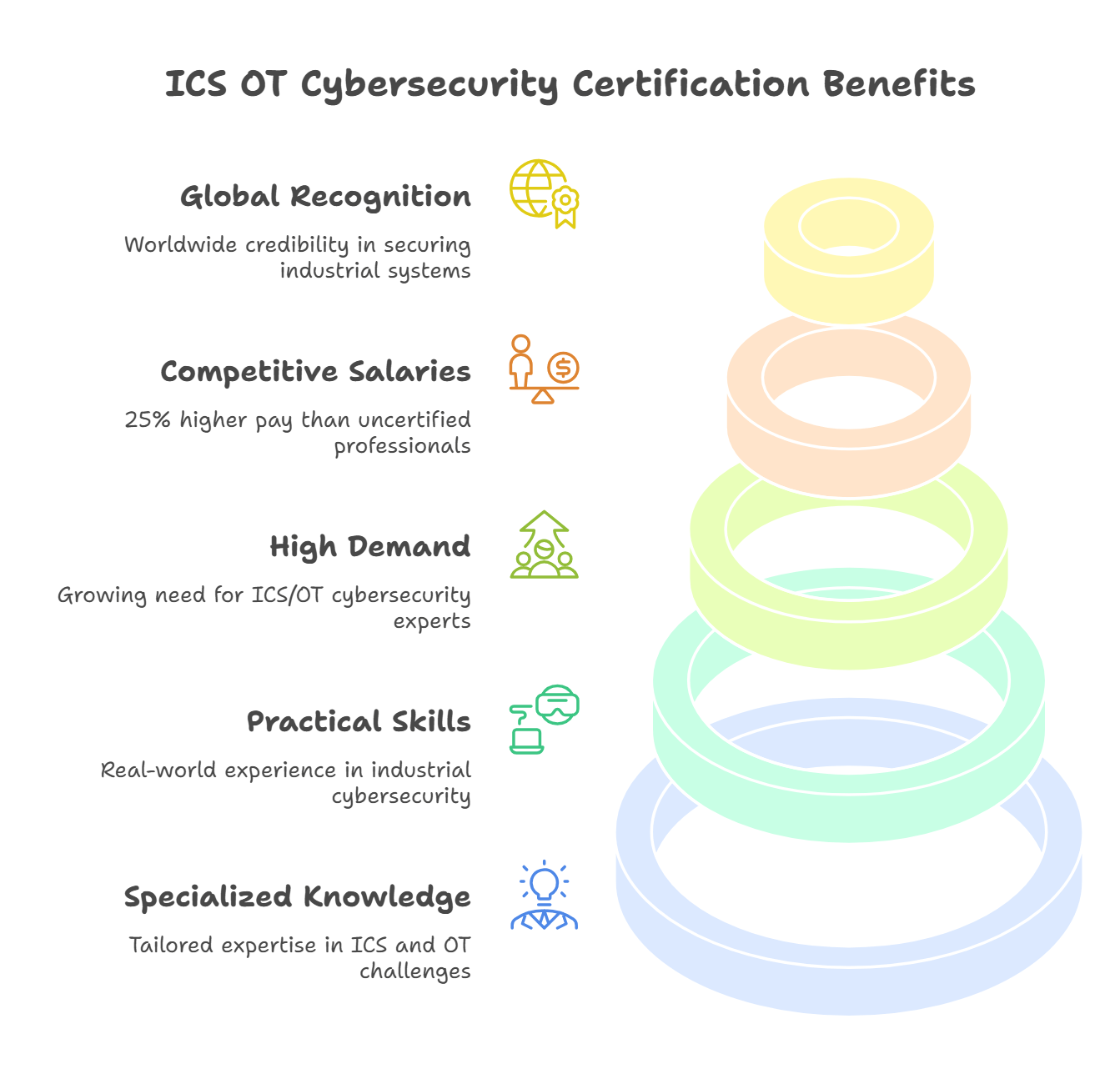
1. Specialized Industry Knowledge
Unlike general IT cybersecurity certifications, the ICS OT certification is specifically tailored to address the unique challenges associated with industrial control systems and operational technology. It provides specialized knowledge on the vulnerabilities and risks inherent in ICS and OT environments.
2. High Demand for Skilled Professionals
As ICS and OT systems become more interconnected, the demand for cybersecurity professionals who specialize in these areas is growing rapidly. This certification ensures you are at the forefront of this high-demand field, increasing your job prospects and career opportunities.
3. Practical, Hands-On Skills
The certification program is structured to provide real-world experience. Through its modular approach, you will gain hands-on skills in identifying threats, securing networks, and responding to incidents specific to industrial and operational systems.
4. Competitive Salaries
Professionals certified in ICS and OT cybersecurity often earn salaries 25% higher than their uncertified counterparts. As the need for cybersecurity in critical infrastructure grows, so does the value of certified professionals in this field.
5. Global Recognition
The ICS OT Cybersecurity Certification is recognized globally by leading institutions and employers. Whether you work locally or globally, this certification gives you the credibility and expertise needed to succeed in securing industrial systems and critical infrastructures.
Breaking Down the Curriculum
The ICS OT Cybersecurity Certification is designed to offer a complete understanding of the challenges involved in securing ICS and OT environments. The curriculum is divided into comprehensive modules, ensuring you gain step-by-step knowledge that translates directly into practical skills. Whether you're preparing for the Google Cybersecurity Certification test or looking to enhance your expertise, this certification covers essential concepts. Here’s an overview of the core topics covered:
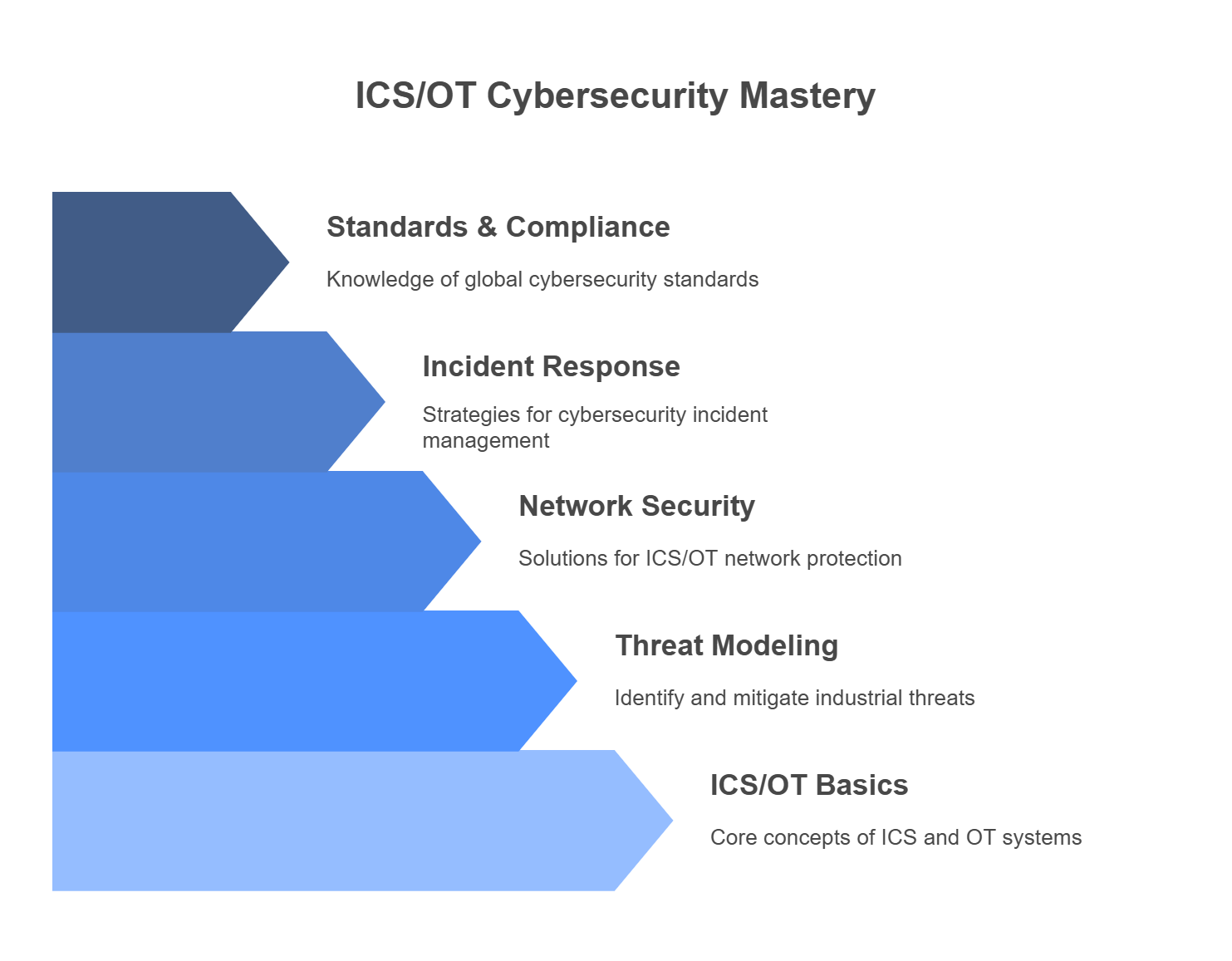
ICS/OT Fundamentals
This module introduces you to the core concepts of ICS and OT systems. You will learn how these systems operate and the differences between ICS/OT and traditional IT networks. Understanding these foundational concepts is crucial for recognizing their specific cybersecurity needs.
Threat Modeling in ICS and OT
This section delves into the types of threats that impact industrial environments, including ransomware attacks, insider threats, and vulnerabilities in the supply chain. You will learn to identify potential weaknesses and create effective threat models that can help protect these systems before attacks occur.
Network Security for ICS/OT
In this module, you will explore network security solutions specifically designed for ICS and OT environments. Key topics include network segmentation, isolation strategies, and the use of industrial firewalls to ensure the resilience of critical systems.
Incident Response in Industrial Systems
This part of the curriculum focuses on developing effective response strategies in the event of a cybersecurity incident. You will learn how to detect threats in real-time, contain breaches, and recover operations swiftly with minimal disruption to industrial processes.
Standards and Compliance
You’ll also become familiar with globally recognized cybersecurity standards, such as NERC CIP and ISA/IEC 62443, which provide best practices and compliance guidelines for securing ICS and OT systems. This knowledge ensures that your skills are aligned with industry regulations and standards.
Who Should Take the ICS OT Cybersecurity Certification?
The ICS OT Cybersecurity Certification is not limited to IT professionals. It is ideal for anyone looking to secure critical infrastructure, including:
-
Network and Security Engineers: Professionals looking to transition into industrial cybersecurity or expand their skill set to include ICS and OT systems.
-
ICS/OT Environment Managers: Those already managing industrial systems who want to enhance their cybersecurity expertise.
-
Entry-Level Candidates: Individuals seeking to break into the specialized field of industrial cybersecurity and interested in securing critical infrastructure.
How the Certification Prepares You for Real-World Challenges
What sets the ICS OT Cybersecurity Certification apart from standard IT cybersecurity certifications is its focus on the unique demands of industrial systems. While traditional IT networks prioritize data protection, ICS and OT systems are designed to prioritize uptime and continuous operational processes. This certification teaches you to balance the dual priorities of security and operational efficiency to ensure that both are maintained even in the face of cyber threats.
As the Internet of Things (IoT) becomes more integrated into industrial settings, this certification also incorporates modern technologies like machine learning and AI, preparing you to address emerging cybersecurity challenges that affect critical infrastructure.
Where to Get Started
If you're ready to enhance your skills and specialize in ICS and OT cybersecurity, you can begin your certification journey by enrolling in a program offered by trusted platforms like ACSMI. The certification pathway is flexible, allowing you to study at your own pace and gain access to high-quality resources designed to equip you with the necessary skills to secure industrial systems.
ACSMI Certification Overview
ACSMI’s certification in ICS OT Cybersecurity offers comprehensive training through its diverse 400+ modules. The certification program is designed to meet the growing need for cybersecurity professionals in industrial control systems and operational technology environments. By taking this course, you'll gain the tools and expertise to safeguard critical infrastructures and ensure their resilience against evolving cyber threats.
Final Thoughts
The ICS OT Cybersecurity Certification is not just a course—it's an essential step towards a meaningful career in one of the most critical and rapidly growing sectors of cybersecurity. As industries continue to adopt connected systems, the need for skilled cybersecurity professionals will only increase. By gaining specialized knowledge in securing ICS and OT systems, you’ll be at the forefront of protecting the digital backbone of critical industries. Don’t just adapt to the changing cybersecurity landscape—lead it.
FAQ
What is the ICS OT Cybersecurity Certification?
The ICS OT Cybersecurity Certification is a specialized program that trains professionals to secure industrial control systems and operational technology against cyber threats.
Who should take this certification?
The certification is ideal for cybersecurity professionals, network engineers, and anyone looking to protect critical infrastructure in sectors like energy, manufacturing, and transportation.
Is prior IT experience necessary?
While prior IT experience can be beneficial, the certification program starts with foundational concepts, making it accessible to beginners as well.
What jobs can this certification lead to?
This certification prepares you for roles such as Industrial Cybersecurity Specialist, ICS/OT Security Engineer, and Incident Response Analyst for industrial systems.
How do I get started?
You can learn more and enroll in the certification through platforms like ACSMI, which provides a comprehensive program with over 400 modules.


